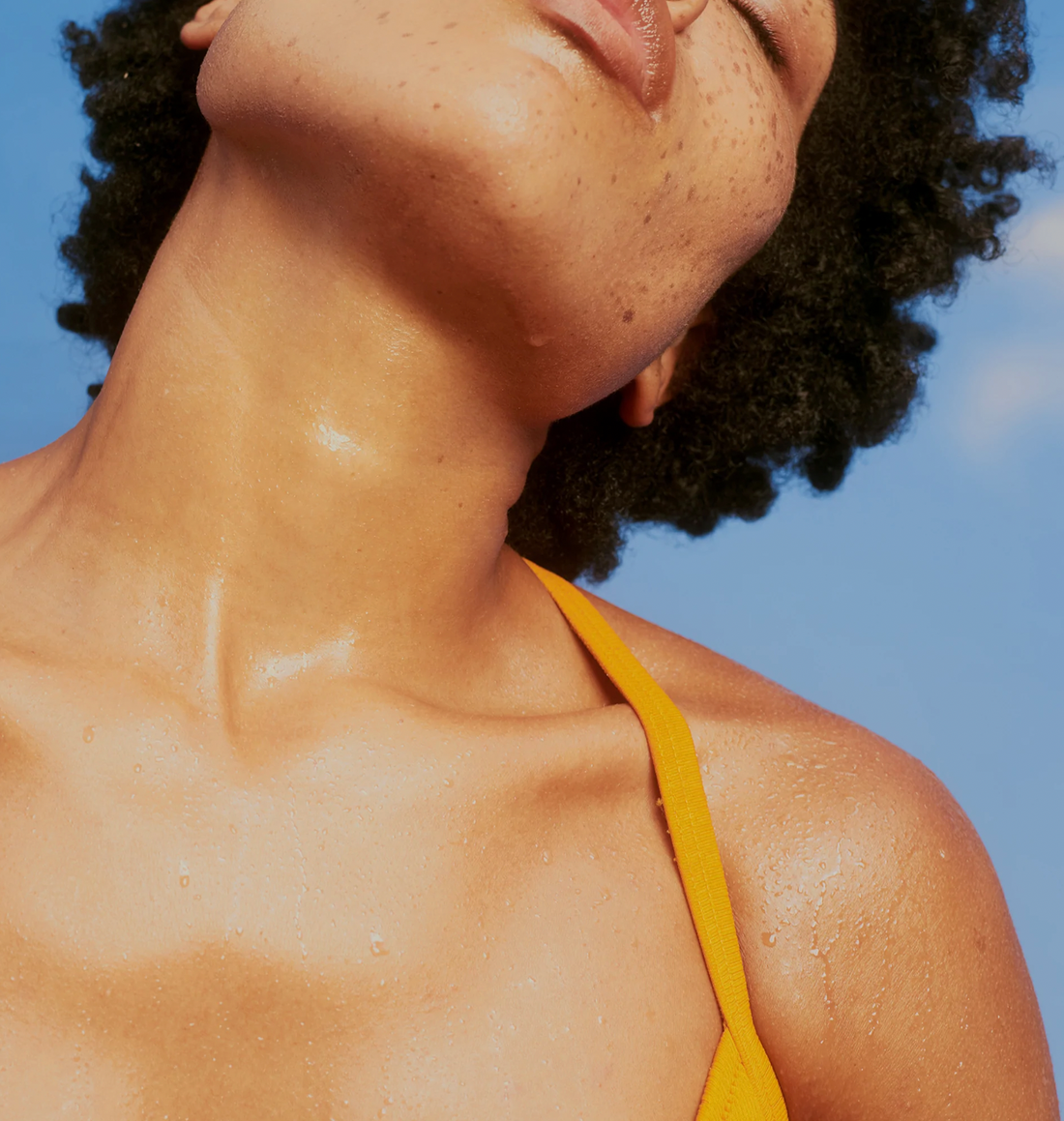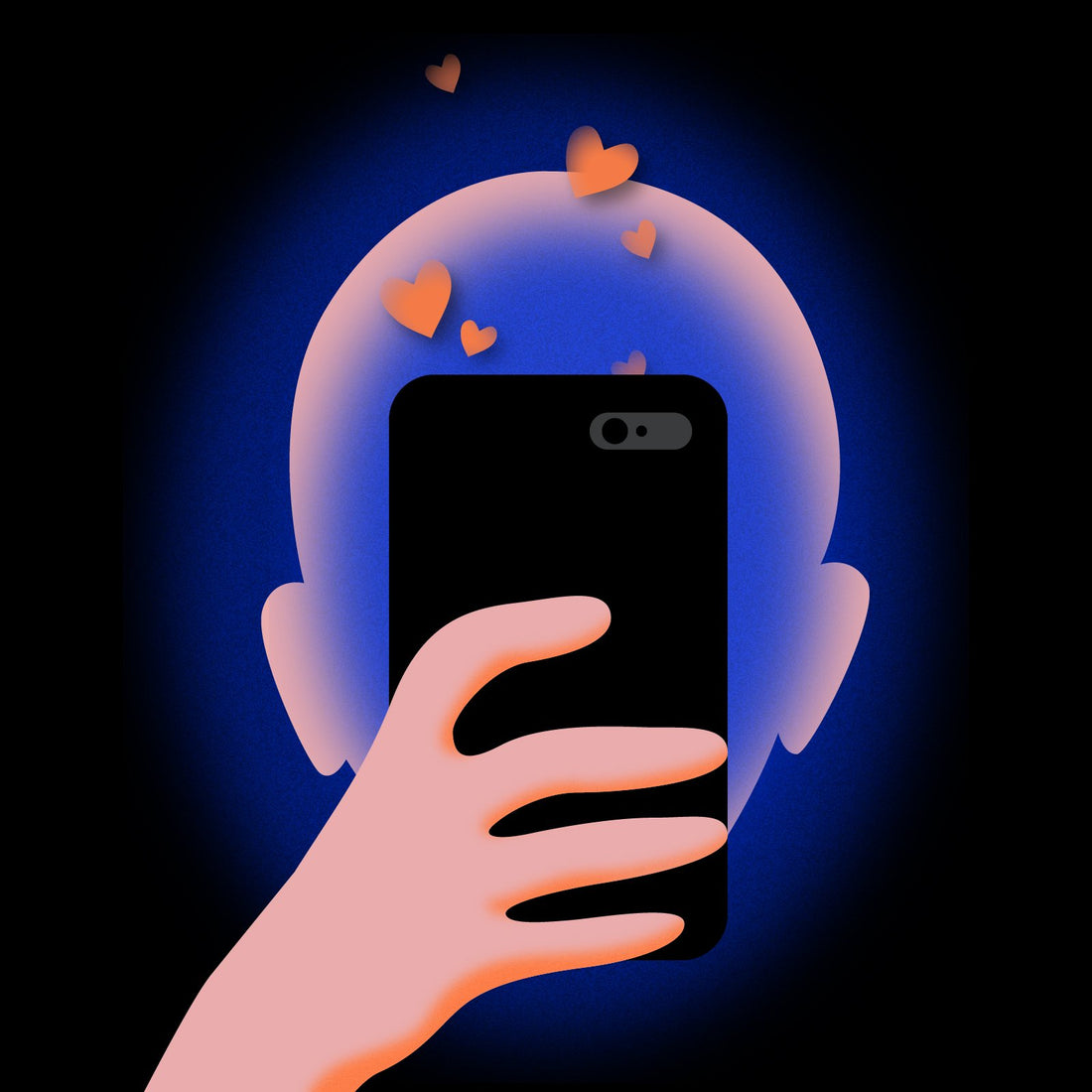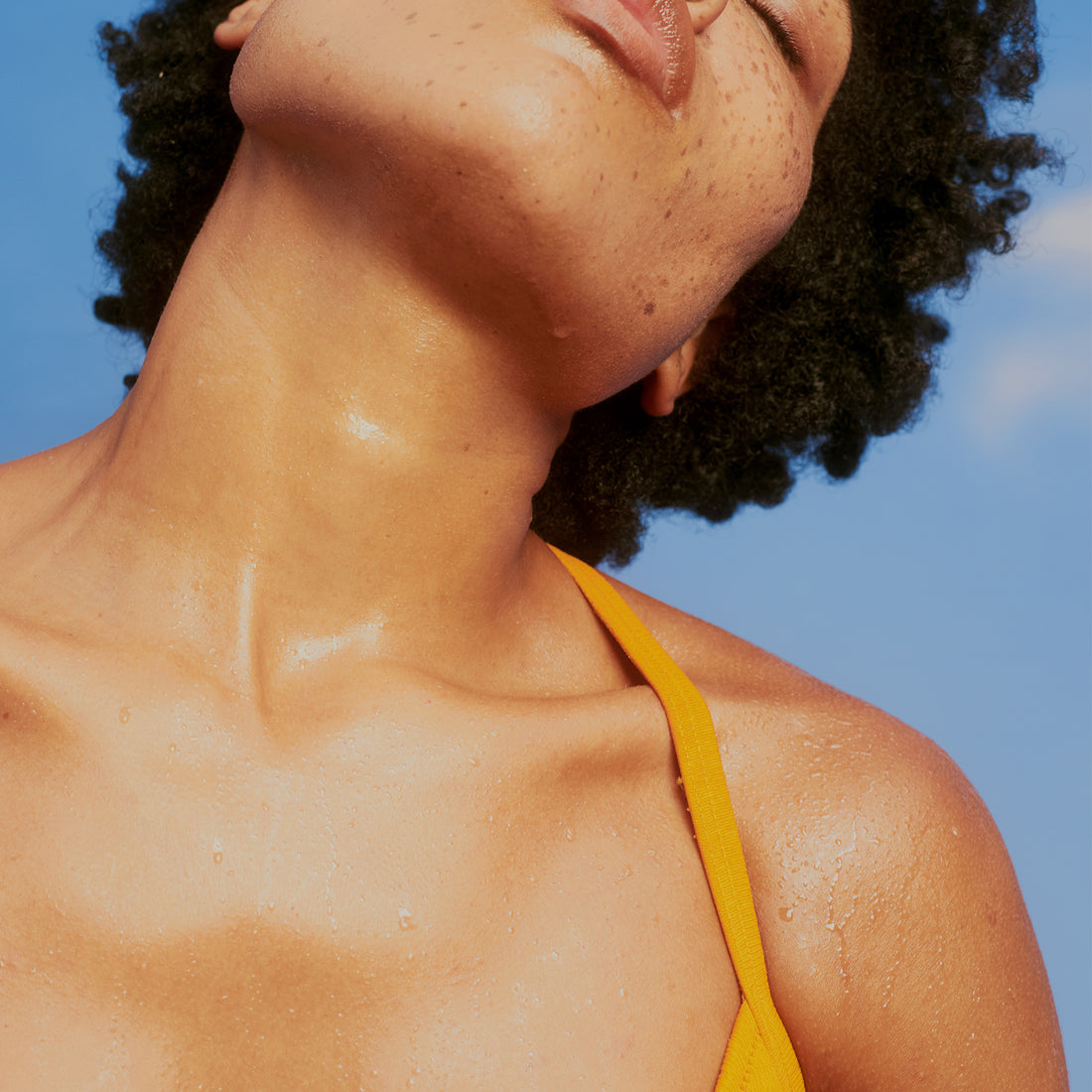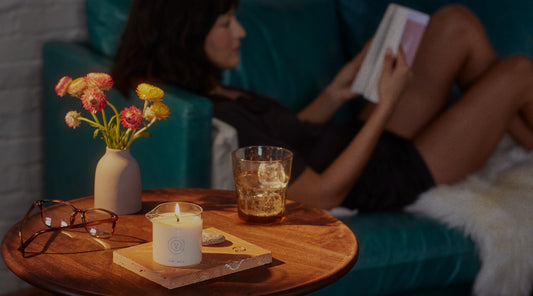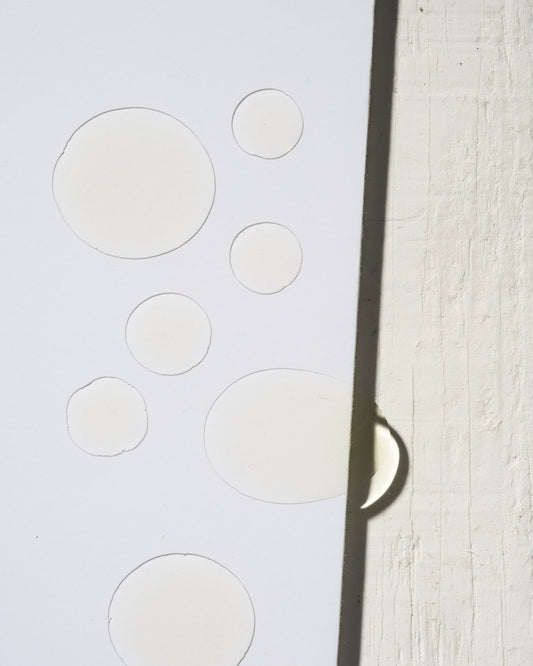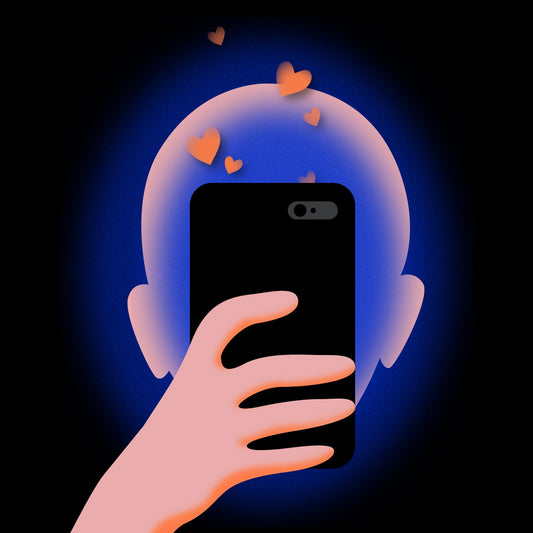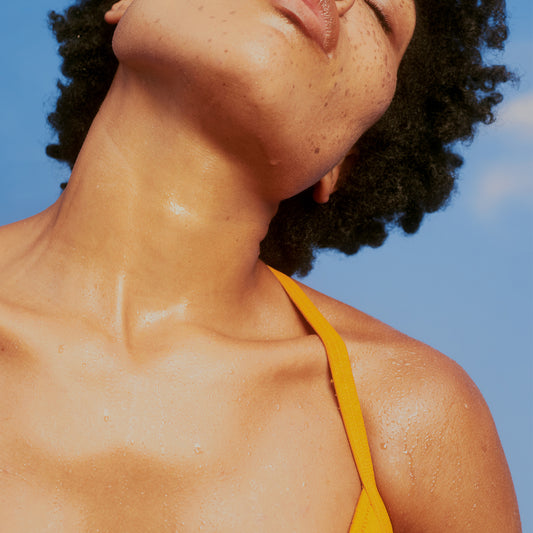I’ll be the first to admit that, in the past, I’ve looked at images of nude or scantily clad women and assumed these women were degrading or objectifying themselves. In a culture that already views female bodies as decorative ornaments, it’s easy to be frustrated when women choose to present themselves in a sexualized manner. It’s tempting to throw oneself behind the fight for women to be seen for their minds and hearts, not their looks. But economist Victoria Bateman’s latest book, Naked Feminism: Breaking the Cult of Female Modesty, offers a freeing alternative to a feminism that deems sexual display demeaning. Bateman paints a vision for a feminism that embraces women in every state of dress or undress, chastity or sexiness, modesty or immodesty.
Naked Feminism covers a wide range of topics, from honor killings in the Middle East to sex worker-exclusionary radical feminism in the West, potently demonstrating how all these phenomena are connected: through the valuing of modesty and shaming of immodesty in women. Bateman, a Fellow and College Lecturer in Economics at the University of Cambridge, also writes from personal experience: She was shamed by feminists and misogynists alike after posing for a nude portrait that ended up in London's Mall Galleries and then protesting Brexit in the nude. In her book, she characterizes such shaming as an instrument of the “cult of female modesty,” defined as “the way in which, in many societies across the world, a woman’s worth, value, and respect depend on her bodily modesty.”
I talked to Bateman about why it’s so important to end the judgment of female nudity and sexuality and how we can create a more inclusive feminism that allows us all more freedom in our bodies, no matter how modest or immodest we are.
Why are you personally invested in the feminist fight to appear naked or scantily clad?
It’s not so much about appearing naked as it is that I’ve cast aside the cult of female modesty. So, if someone has seen my body, I don’t have to feel ashamed or diminished. Previously, I’d be worried that if I wore a skirt, I'd do a Marilyn Monroe; my skirt would be floating up on me and I would feel really worried. And when it comes to things like revenge porn, there are so many cases where women’s bodies are seen or touched in a way that we hadn’t planned and that we hadn’t consented to. And that can nevertheless leave us feeling ashamed when we haven’t done anything wrong.
Once I had that realization, I felt so much happier about myself. I could, for the first time, get in touch with my body and myself. I had a difficult relationship with my body because when you see your body as a liability, you don’t like seeing yourself in the mirror. It doesn’t feel like your own body. Or even going for a pap smear or a breast examination — it's really traumatic. Since casting aside female modesty, I’m much more comfortable with my body and sexuality, and I'm in better health mentally and physically because of it. It’s like my life has gone from being black and white to full technicolor.
Why do you think so many women have a negative knee-jerk reaction to women who present themselves in a sexy way?
One of the really interesting things is, the suffragettes were very anti-birth-control, with a view that sex was bad and sex didn’t help women. So, purity culture has long been there within feminism. There is an internalized modesty cult: We are brought up as women to believe that if we want to be heard, if we want to be respected, then we should cover up. And we are brought up to judge one another as women and to punish one another and to call one another sluts and whores. It's not just men who use those words; it's women who use those insults against one another. We are socialized to internalize this modesty cult and to see ourselves through the male gaze; to see ourselves and to see one another through the eyes of a heterosexual cis man; to think when we’re deciding what to wear in the morning, when we’re getting dressed: “How would a man think and feel about the outfit I’m putting on?”
What do you see as the difference between nudity that is empowering and nudity that is objectifying?
An image of me that I myself wouldn’t consider objectifying, another woman — if she had the same image of herself — might consider objectifying. It’s a very personal thing. There are different things each of us are comfortable with, and that's why we need to be tolerant of each other making different choices. You can also be objectified in a non-sexual sense, so one of the parallels I draw in the book is between women being seen as the carers and cleaners in society and women being seen as sex objects. If you see women cleaning and caring all the time around you, is the response that we should ban women who are cleaners and careers? That, to me, would be doing the equivalent of what radical feminism is wanting to do in abolishing pornography and prostitution.
We shouldn’t have to pass a modesty test in order to be heard. When we think we're monetizing our brains, we're actually monetizing our bodies. When you’re writing an article, you’re using your hands. It takes immense business acumen to make money from what people see as just taking your clothes off. It’s about so much more than taking your clothes off. When we’re doing journalism, when we're doing sex work, it is body and brain. It is a shame that society breaks us into two groups.
Do you think there is also a stigma around male nudity that needs to end?
There are some similar and different issues. There's an artist called Topher Campbell, and he did a protest where he walked naked through New York. He is of Black ethnicity, and one of the things he wanted to challenge was the idea of a Black male body being seen as a threat by society. Keon West, who was an academic at the University of London, has done a lot of research on nakedness in general and how us all being more comfortable with our naked body improves our mental health and improves our own body image. If you’re used to seeing a range of naked bodies out there rather than the range we see in society, you have less hangups about your own body.
What would a world look like where we all reject the modesty cult and embrace naked feminism?
It would be a bad sign if we were all naked or all wearing hijabs. A sign of a truly liberal society is variety. Women can be sex workers and be treated with the same respect as women who are rocket scientists, and women who wear hijabs can be treated with the same respect as women who sunbathe topless or protest naked. That’s the world I’m aiming for.
